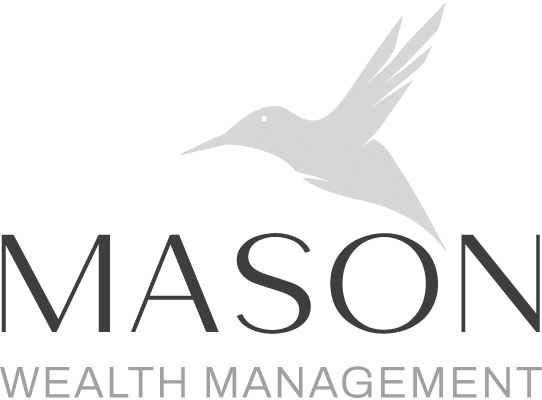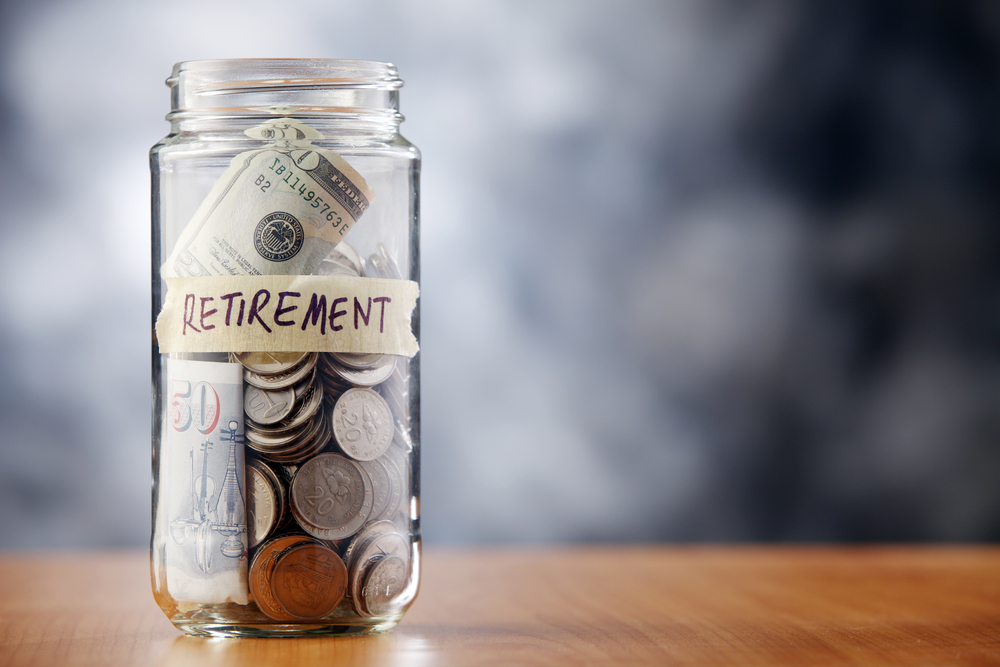The negativity around the word recession has everyone breaking out in a sweat, especially if you were planning on retiring during the recession. The current coronavirus pandemic is causing a dramatic economic slowdown all around the globe, but a recession has been on the horizon for a while. China and Europe have both seen economic slowdown in recent years, and rising oil prices and high levels of debt were also causing problems.
However, the average recession lasts less than two years. You’re planning on being retired a lot longer than this, so it’s important to take a longer-term view. While many people with investment portfolios will take a hit, it doesn’t have to be all doom and gloom. Just like with any economic situation, a little preparedness goes a long way. Below are some tips on how to retire during a recession.
Can I still retire?
During a recession it’s easy to get wrapped up in the negativity around everything. Will I lose my job? Will my company go bankrupt? How much money will I lose? Will my property be worth the same as before? What age can I retire at? While many retired people still choose to work a part time job to supplement their income, it should be as much about having something to do as it is a financial necessity.
Recessions happen more frequently than you may think. People continue to retire during and just after them all the time. If you’ve received the right advice and have prepared properly for retirement, then a recession won’t stop it happening.
Have a plan of attack
The crucial thing is to get the right advice. Some people will gamble on a recession not being too drawn out and invest heavily while prices are low, while others will want all their money in cash to protect it against losses. Some people will be right, some will be wrong, but the majority will be guessing. The alternative to guessing is to develop a well structured and considered plan. This removes the need to make hasty decisions, as you have everything laid out in front of you in a way you already know minimises risk and provides you with the best balance for your circumstances.
What can I do to be more prepared for retiring during a recession?
While being debt free should always be the aim when approaching retirement, it becomes even more crucial during a recession. Getting rid of your largest fixed expenses should be your priority. If you’ve been planning for retirement for a long time, and receiving decent advice, then this should happen naturally. If you’re likely to still owe money out when you retire, then you may wish to consider downsizing your property to eliminate your debt and free up additional funds.
Cash is king
Having money in the bank during a recession can help you to absorb any reductions in income without having to sacrifice your standard of living. A recession can also be a great time for certain investments, as a lot of normally restrictive prices drop. As with all recessions, it will end, and the global economies will recover. Investing while the prices are low can bring great rewards further down the line. Whichever approach best fits your personal circumstances, the more liquid your finances are the more options you’ll have.
More options allow you to be more creative
If a recession does leave you less financially stable than you were expecting, then there is still plenty that can be done to help bolster your income. If the property markets take a hit, then as well as downsizing, you could invest in a small second property that will provide an additional income and is only likely to increase in value. After all, Ireland has an attractive buy-to-let market.
You may decide to phase out of your career at a slower rate to help bolster your income for the initial period of retirement. Some people decide not to stay in their normal profession and instead opt for a low stress part time job in an area they enjoy. This form of semi-retirement has lots of advantages, including giving people a purpose and keeping them connected with their local community.There is even a wealth of choices for those looking to work from home these days, especially if you have knowledge about a particular field. There are many options depending on your own circumstances and speaking to an experienced professional might help you realise things aren’t as bad as you initially thought.
Successfully retire, even during a recession
Successful retirement requires a multi-faceted approach. While we might initially think of the financial aspect of retirement, there is also your longer-term mental wellbeing and health to consider. The challenge is to get all aspects within a range that is achievable and sustainable for your circumstances. This can be a balancing act, but the guidance of an experienced professional who will stick with you throughout can be invaluable.
Why use experienced professionals?
The team at Mason Wealth Management have decades of experience helping the people of Ireland make the most of their money for retirement, whether there is a recession or not. Our practice is built on the personal relationships we build with our clients. This ensures we always provide them with the highest level of service and tailor each solution to meet there needs exactly. Whether it’s some informal advice or full retirement planning, we can help.
Our team are experienced enough to help you regardless of your situation, but we are particularly experienced at helping the self-employed. We even hold business clinics to ensure business owners are making their money work for them in the most efficient way, whether for growth or retirement.


